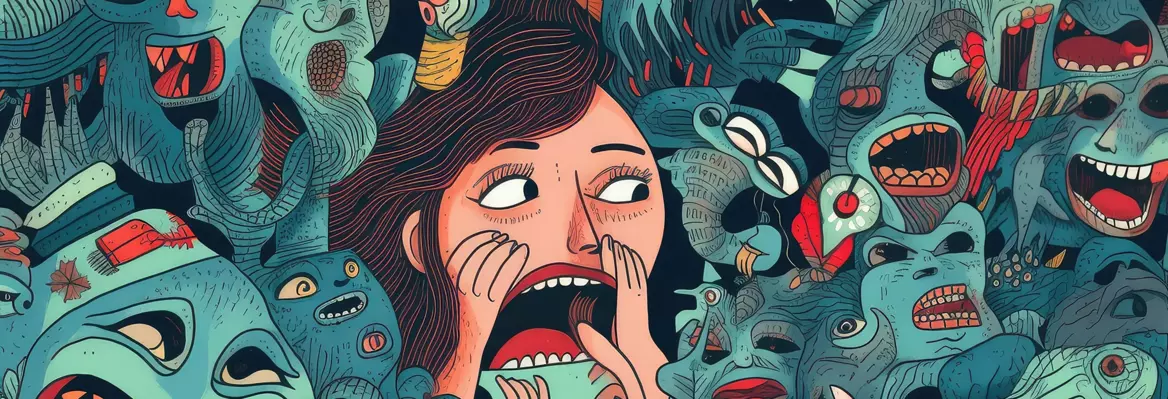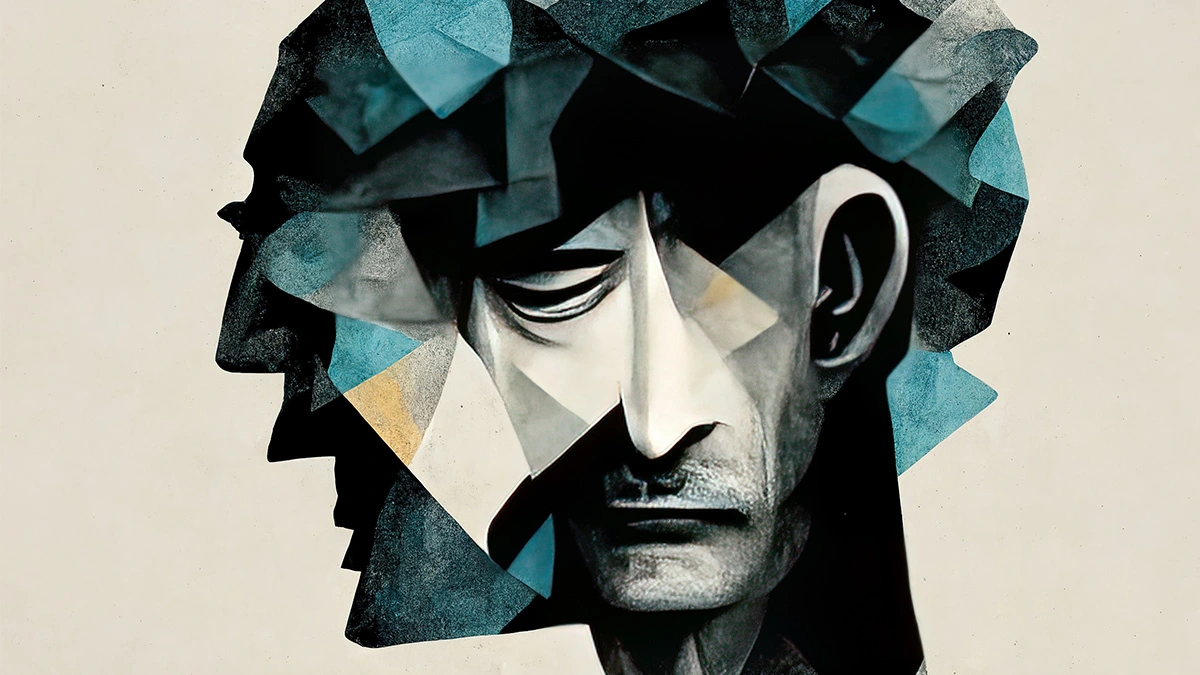In an age where the reliance on antidepressants is not just increasing but extending over longer periods, it prompts a crucial re-examination of suffering's function in our lives. The complex, often paradoxical, relationship between suffering and fulfilment presents us with the possibility that our efforts to eliminate all suffering could unintentionally erode the depth and vibrancy of the human experience, writes Brock Bastian.
About suffering they were never wrong,
The old Masters: how well they understood
Its human position: how it takes place
While someone else is eating or opening a window or just walking dully along
W. H. Auden, Musée des Beaux Arts
Suffering has undeniably earned a negative reputation. This isn't just acknowledging its intrinsic anti-hedonic nature, but also perceiving it as a force that diminishes our overall quality of life. Such a viewpoint fosters the belief that eliminating all suffering would significantly improve both our world and personal lives. But what would that world look like, and would our lives really be improved if we eradicated our capacity to suffer?
The counterpoint to this perspective is that suffering is in fact a valuable form of human experience, and furthermore, that without the capacity to suffer, it would be impossible to experience pleasure or extract satisfaction and meaning from life. Such questions received renewed import in an age where many more of us not only take anti-depressants, but also continue to stay on them for longer and sometimes indefinitely. However, to suppose that suffering is necessary for a meaningful life is not to deny or dimmish the tragedy of suffering, but to provide a different perspective, and one that in the end may in fact prove useful for responding to various forms of suffering that we do inevitably experience in life.
A narrow view of suffering
One of the reasons that we often overlook the role of suffering in the good life, is that we tend to have a narrow view of what suffering includes, meaning we often fail to see the role of suffering in many of the activities that bring us the most pleasure. For instance, we’re more likely to say that we get pleasure from marathons or studying, even though both cause a significant amount of personal suffering. We might refer to these experiences as difficult or hard, characterizing the extent to which they challenge us, but stop short of identifying the pain and suffering which defines that challenge. It is hard to imagine either marathons or studying as challenging if it were not for the fact that participating in them leads us to endure activities that can be unpleasant and even painful.
___
People frequently get their peak level of enjoyment from innately negative experiences just at the point where they can barely stand it anymore.
___






















Join the conversation